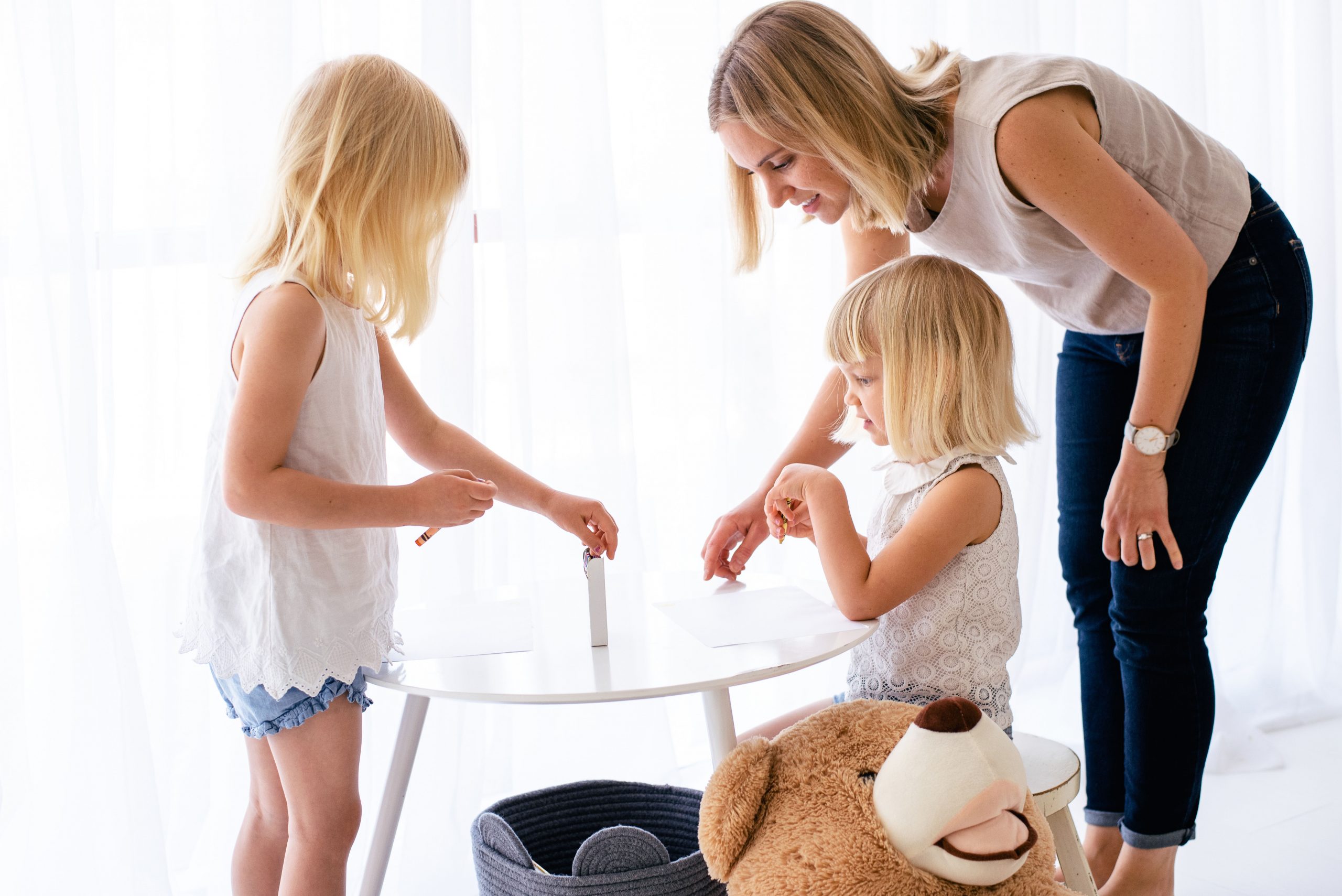
Hi! Thanks for sharing your homeschool questions with me! I’m having so much fun talking with some of you one-one-one (you haven’t written to me yet? Contact me!). I’ve been straining my brain to complete Everything You Need to Know About Homeschooling, so it is nice to finally put some of this research to good use!
Last week I answered Jena’s question about how to teach Early Learning. This week, I got a follow-up question from Sarah. We had a great email conversation about it, but here’s the gist of her question:
Is it important for me to jump into a co-op of some sort, so that my child will have friendships?
I don’t know where he is getting these words, but he often says ” I want to see all of my friends!” Of course those can be the strangers at the park.
He can recognize all of his letters in ASL, almost all written letters, He counts to 20, he knows where he lives…what else is he supposed to know? Daily, I wake up wondering what have I forgotten to tell my kid?
Sarah W., via email
She actually got two great questions in there, so I’ll tackle them one at a time.
How does my Homeschooling Early Learner make friends?
Lots of ways! The wonderful thing about little ones is that they generally reach out naturally to make friends. They just love people. So, of course, your little guy wants to get out there!
Do you have to join a co-op? no. Should you join a co-op if you want to? absolutely. Homeschool your own way.
There are co-ops with great little-learner activities. I personally have never been to a co-op, though my best friend started one, and it seems like every homeschooler around me is active in a co-op. I’m the anomaly. Join a co-op if you want and enjoy it!
I have socialized (let’s all roll our eyes and laugh together) my little ones in lots of ways: Sunday School, Wednesday night church activities, VBS, homeschool park days, community recreational sports … We made more friends than I wanted. Really. My child’s social calendar cannot compete with my own when he is only three years old, for Pete’s sakes!
Also, sometimes when my children were whining for time with friends, they really meant they were bored at home. So I cranked up the field trips: more zoo, more museums, more library time, stuff like that.
So if I kept up with taking the children to the regular weekly activities and a field trip every other week, I heard no complaints. They were plenty “peopled” out by the end of the week.
What does my homeschooling Early Learner need to know?

A lot, but not what you think.
One of my favorite parts of Everything You Need to Know About Homeschooling is answering this very question age-by-age. I got to delve into how children develop in their character, minds, and academics to sift out what is expected, what is extra, and what to do with it. It is a lot of information, but so, so, so much fun to put it all together!
Sadly, I cannot paste this huge chapter right here. Because you need the whole thing to get a clear picture. But I’ll give you a quick answer.
Your Early Learning child is growing at a rapid pace emotionally, mentally, and physically. You already know that. But you probably think you might miss some window of opportunity if you don’t take advantage of this special time period that everyone shouts is the most important for a lifetime of learning.
But what they don’t tell you is what your child really should be concentrating on for this time. And that’s your exact question to me. And I’m not going to give you a list of academic goals you should have for your child from age three to six.
Because you shouldn’t have one.
Your child has a lifetime — a lifetime — to learn about literature and history and science and even algebra. He only has a few short years to learn how to look at the world with wonder and to playfully interact with everything around him. That is the most important part of your homeschooling right now.
Yes, Early Learners often reach a few nice academic milestones:
- learning letters
- counting
- mastering personal hygiene
- practicing small motor skills
- beginning phonics and perhaps reading
- understanding patterns and time
- acting out simple math situations and perhaps memorizing facts
But look back at that brief list. What is the most important? I’ll tell you what — it’s not reading and memorizing math facts. That is what the rest of elementary school is for: learning the basics of English and math to apply toward higher grades.
Relax and enjoy the Early Learning years. More importantly, let your child relax and play through the Early Learning years. That’s what it’s all about.
This question is answered in way, way more detail in my upcoming book, Everything You Need to Know About Homeschooling. In it you will find developmental milestones, what your child will learn academically during this time, and even how to “teach” Early Learning through real life. Be sure to keep an eye out for that.
Do you have a question? Be sure to comment below, message me on Facebook, or use my comment form. I would LOVE to hear from you!
Your friend,
Lea Ann


Leave a Reply